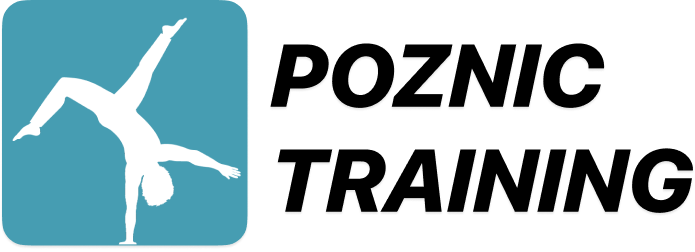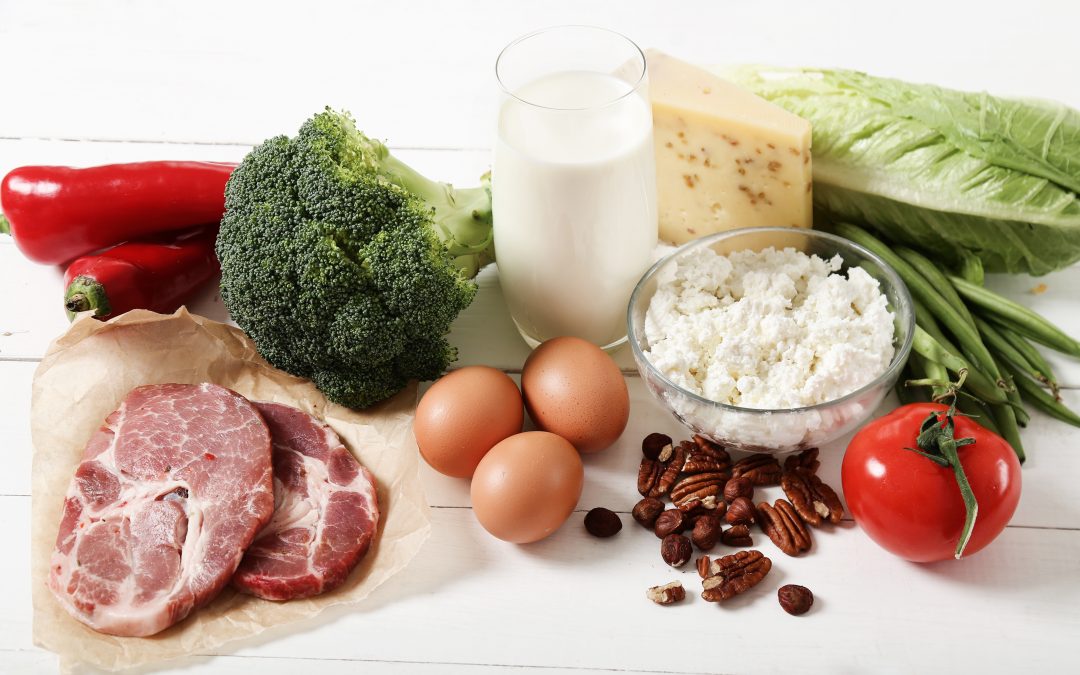Protein is the single most important nutrient for weight loss and a better-looking body. A high protein intake boosts metabolism, reduces appetite and changes several weight-regulating hormones.
Protein can help you lose weight and belly fat, and it works via several different mechanisms.
This is a detailed review of the effects of protein on weight loss.
But first let’s find out…
WHAT ARE PROTEINS MADE OF?
Proteins are made up of many different amino acids linked together. There are twenty different of these amino acid building blocks commonly found in plants and animals.
Amino acids are classified as either essential or non-essential. As the name suggests, essential amino acids cannot be produced by the body and therefore must come from our diet. Whereas, non-essential amino acids can be produced by the body and therefore do not need to come from the diet.
WHAT DOES PROTEIN DO & WHY DO WE NEED IT?
Your muscles, organs, skin, hair, nails, bones, certain hormones and much more are all made up of some amount of protein. It’s responsible for the growth and repair of all of the cells and tissues in your body.
That literally makes Protein the most important macro nutrient for optimal growth & development of the human body.
WHAT ARE THE ESSENTIAL ROLES OF PROTEIN IN FAT LOSS?
In addition to all of the above, the protein will play three very important roles in our ability to successfully lose fat. They are:
- Maintaining Muscle:
There’s a reason protein is referred to as the ‘building block of muscle’. Along with things like water and glycogen, protein is literally a part of what your muscles are made up of. Without a sufficient amount of it, a muscle cannot be built, maintained or repaired.
Also, when in calorie deficit, body fat is not the only fuel source your body can burn for energy. Muscle tissue can be burned as well. And losing muscle while losing fat is not only a very legitimate problem, it’s also an extremely common one. Fortunately, there are ways to prevent it. As it turns out, consuming a sufficient amount of protein each day is the single most important dietary factor for preventing muscle loss while in a deficit.
So, if you want to significantly improve your calorie partitioning and avoid losing muscle while losing fat, eating enough protein is an absolutely necessity. For this reason, a high protein intake and heavy strength training are two incredibly important components of an effective fat loss plan.
Not only do they help keep your metabolism high, they also make sure that what is underneath the fat actually looks good. Without protein and strength training, you may end up looking ‘skinny-fat’ instead of fit and lean.
- Controlling Hunger & Appetite:
Leptin is a hormone, made by fat cells, that decreases your appetite. Ghrelin is a hormone that increases appetite, and also plays a role in body weight. A higher protein intake actually increases levels of the satiety (appetite-reducing) hormone Leptin, GLP-1, peptide YY and cholecystokinin, while reducing your levels of the hunger hormone ghrelin.
By replacing carbs and fat with protein, you reduce the hunger hormone and boost several satiety hormones. This leads to a major reduction in hunger and is the main reason protein helps you lose weight. It can make you eat fewer calories automatically.
- Increasing your Metabolic Rate:
After you eat, some calories are used for the purpose of digesting and metabolizing the food. This is often termed the thermic effect of food (TEF). The higher your TEF is, the more calories your body naturally burns each day.
Protein has the largest thermic effect of them all. With carbs, TEF is usually about 5-10%. With fat, about 0-3%. But with protein, TEF is 20-30%. This means that 100 calories of protein only end up as 70 usable calories.
Just its thermic effect is unlikely to be enough to make huge improvements to your fat loss progress. But, eating a sufficient amount of protein each day has consistently been shown to improve fat loss progress to some extent as seen in study after study.
So, in addition to being a requirement for sustaining life and proper function, consuming a sufficient amount of protein each day will also be the key dietary factor in regulating your hunger and appetite, increasing your TEF, and ensuring the ‘weight’ you are losing is body fat rather than muscle.
The faster your metabolic rate… the more calories your body naturally burns each day.
And the more calories your body naturally burns each day… the higher your maintenance level is.
Hence you can eat more food while staying in a calorie deficit making the process of fat loss far more enjoyable.
BONUS!!! Protein’s Effect on Cravings & Late-Night Snacking
Protein can have a powerful effect on both cravings and the desire to snack at night. Consuming more protein can cause major reductions in both, making it easier to stick to your eating plan.
PROTEIN CAN MAKE YOU LOSE WEIGHT, EVEN WITHOUT CONSCIOUS CALORIE RESTRICTION
Protein works on both sides of the ‘calories in VS calories out’ equation. It reduces calories in and boosts calories out. For this reason, it is not surprising to see that high-protein diets lead to weight loss, even without intentionally restricting calories, portions, fat or carbs.
WHAT IS OPTIMAL PROTEIN INTAKE?
To lose weight, 25-35% of calories should come from protein. As an example, 30% of protein on a 2000 calorie diet would be 150 grams.
TAKEAWAY
Protein is THE EASIEST, SIMPLEST & MOST DELICIOUS way to lose weight. When it comes to fat loss and a better-looking body, protein is the king of nutrients. You don’t need to restrict anything to benefit from a higher protein intake. It is all about adding to your diet.
This is particularly appealing because most high-protein foods also taste really good. Eating more of them is easy and satisfying.
A high-protein diet can also be an effective obesity prevention strategy, not something that you just use temporarily to lose fat.
By permanently increasing your protein intake, you tip the ‘calories in VS calories out’ balance in your favor. But always keep in mind… Calories still count. Protein can reduce hunger and boost metabolism, but you won’t lose weight if you don’t eat fewer calories than you burn. It is definitely possible to overeat and negate the calorie deficit caused by the higher protein intake, especially if you eat a lot of junk food. For this reason, you should still base your diet mostly on whole, single ingredient foods.

